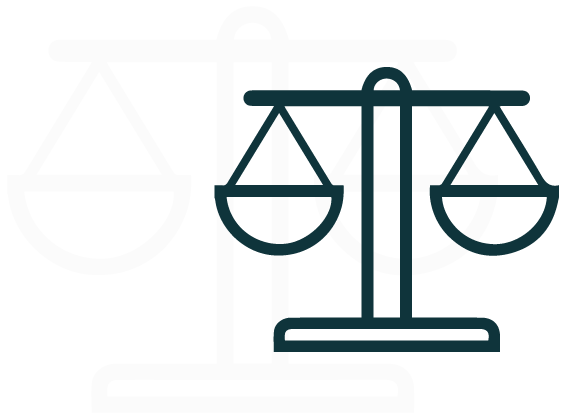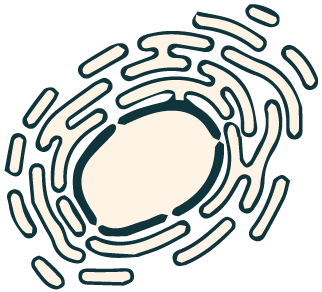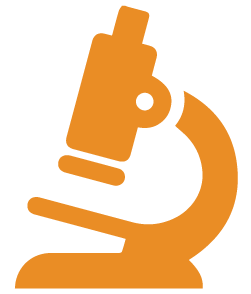This website uses cookies to ensure you get the best experience on our website.
- Table of Contents
Facts about Serine/threonine-protein kinase 33.

Not essential for the survival of KRAS-dependent AML cell lines. .
| Human | |
|---|---|
| Gene Name: | STK33 |
| Uniprot: | Q9BYT3 |
| Entrez: | 65975 |

| Belongs to: |
|---|
| protein kinase superfamily |

EC 2.7.11; EC 2.7.11.1; serine/threonine kinase 33; serine/threonine-protein kinase 33
Mass (kDA):
57.831 kDA

| Human | |
|---|---|
| Location: | 11p15.4 |
| Sequence: | 11; NC_000011.10 (8335029..8594228, complement) |
Highly expressed in testis, fetal lung and heart, followed by pituitary gland, kidney, interventricular septum, pancreas, heart, trachea, thyroid gland and uterus. Weak hybridization signals were observed in the following tissues: amygdala, aorta, esophagus, colon ascending, colon transverse, skeletal muscle, spleen, peripheral blood leukocyte, lymph node, bone marrow, placenta, prostate, liver, salivary gland, mammary gland, some tumor cell lines, fetal brain, fetal liver, fetal spleen and fetal thymus. No signal at all was detectable in RNA from tissues of the nervous system.
Cytoplasm, perinuclear region.





PMID: 11738831 by Mujica A.O., et al. A novel serine/threonine kinase gene, STK33, on human chromosome 11p15.3.
PMID: 16176263 by Mujica A.O., et al. Differential expression pattern of the novel serine/threonine kinase, STK33, in mice and men.